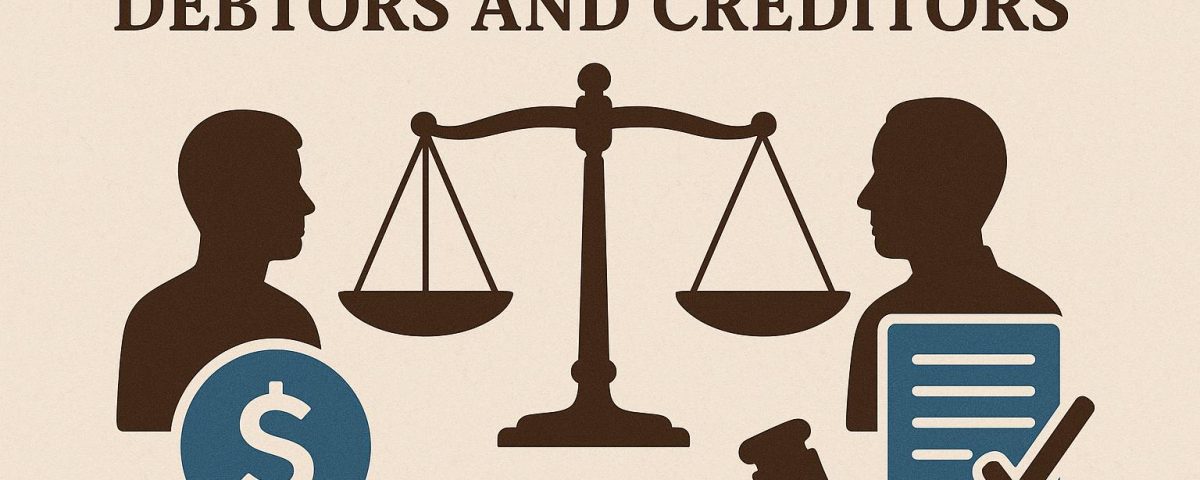The Legal Rights of Debtors
The rights of debtors are an essential part of financial law, serving to ensure that individuals who find themselves owing money are treated with dignity and fairness. While the goal is to facilitate the recovery of debts by creditors, the law also aims to prevent any potentially abusive practices that might arise during the collection process. In the United States, one of the primary legal frameworks that debtors can rely on is the Fair Debt Collection Practices Act (FDCPA). This act encompasses a wide array of protections designed to uphold the rights of debtors.
Protection from Harassment
A cornerstone of the FDCPA is its prohibition against harassment by debt collectors. Harassment in debt collection can take multiple forms, ranging from verbal abuse to continual contacting at inappropriate hours. Debt collectors are explicitly barred from employing aggressive or threatening behaviors in their pursuit of debt recovery. This prohibition includes a ban on any form of violence threats, the use of obscene or profane language, and making incessant phone calls, especially during inconvenient times. If you’re curious about the specifics laid out in the FDCPA, the Consumer Financial Protection Bureau provides comprehensive details about these regulations.
Right to Information
In addition to protection from harassment, debtors are entitled to receive accurate and complete information regarding the debts they owe. This right is actualized when debtors are provided with a written notice from the creditor or debt collector. Such notices need to specify clearly the total amount owed, identify the creditor to whom the debt is owed, and inform the debtor about their right to dispute the debt. Known commonly as a “validation notice,” this document must be dispatched within five days following the first contact from the debt collector. This process ensures that debtors have the necessary information to understand their debt situation fully and take informed steps in handling it.
Right to Dispute Inaccurate Debt
Another significant protection afforded to debtors involves their right to contest debts that they believe are inaccurately reported. If a discrepancy in the debt is identified by the debtor, they are legally permitted to dispute it. Once a dispute is lodged, the responsibilities of the debt collector alter. Specifically, the debt collector must halt all collection efforts until the debt’s legitimacy is validated. This right prevents debtors from being wrongfully targeted for debts they do not owe or amounts that have been miscalculated. It provides a critical check against errors in debt reporting, ensuring that collection practices are just and precise.
The Legal Rights of Creditors
Creditors, who are individuals or entities extending credit or lending money, also possess distinct legal rights. These rights are designed to enable them to recover owed amounts effectively, while still adhering to established legal parameters. The rights granted to creditors reflect a necessary equilibrium between honoring the debtor’s obligations and safeguarding the interests of the creditor.
Right to Be Repaid
Central to a creditor’s rights is the fundamental right to be repaid according to the agreed terms of the credit transaction. This involves not only the principle amount lent but also any interest and additional fees stipulated in the credit contract. In instances where a debtor defaults on these agreed terms, creditors are empowered to seek repayment through legal means. This legal assurance allows creditors to mitigate potential financial losses stemming from defaults.
Legal Recourse
When facing scenarios where debtors do not fulfill their financial commitments, creditors can exercise their right to legal recourse. This can entail initiating a lawsuit to obtain a legally binding judgment against the debtor. Such a judgment can offer creditors various enforcement options, including the garnishment of wages, levying of bank accounts, and placing liens on debtor-owned property. These legal avenues serve as powerful tools for creditors, enabling them to secure recovery or ensure compliance with the debt obligations.
Reporting to Credit Bureaus
Apart from pursuing legal remedies, creditors have the authority to report a debtor’s payment behavior to credit bureaus. This reporting capability serves as a potent mechanism, given its potential impact on a debtor’s credit score and their prospects for obtaining future credit. However, creditors are obliged to ensure the accuracy of the information provided to these agencies. Any incorrect reporting can not only lead to legal complications for creditors but also tarnish their reputation.
Conclusion
The intricate interplay of rights between debtors and creditors forms a cornerstone of modern financial law. It establishes an environment where debtors receive fair treatment while allowing creditors to undertake reasonable actions to recover debts. For both parties, understanding these legal rights can lead to more informed and respectful handling of financial transactions and disputes. By remaining cognizant of the legal frameworks that govern these interactions, debtors and creditors alike can navigate the complexities of debt with greater awareness and understanding, fostering a more balanced financial ecosystem.

